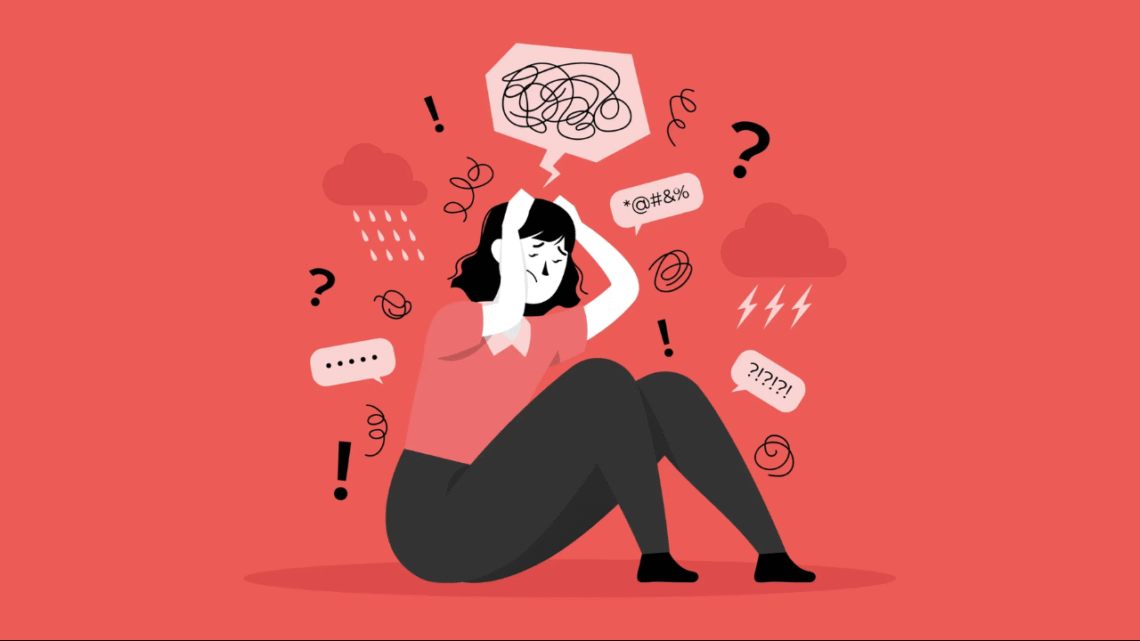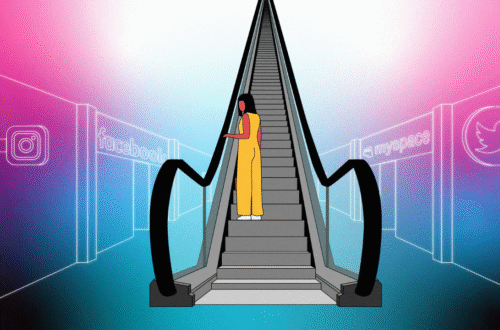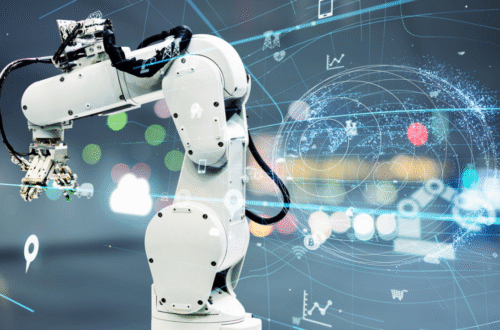Mental health has become one of the most pressing concerns of our time. The fast pace of modern life, increasing isolation, work pressure, and digital overload are just some of the reasons why mental well-being is now discussed more openly than ever before. At the same time, technology — often seen as part of the problem — may also hold the key to meaningful solutions.
In the coming years, as digital tools evolve and new innovations take shape, the intersection between tech and mental health could reshape how we diagnose, treat, and even prevent mental health issues. From artificial intelligence to virtual reality, future technologies are being developed not just to make life faster, but to make it more manageable, empathetic, and connected.
Let’s explore how tomorrow’s technology could help people cope better, feel better, and live healthier emotional lives.
The Growing Mental Health Crisis
The World Health Organization reports that depression is now a leading cause of disability worldwide. Anxiety disorders, burnout, PTSD, and other mental health issues affect people of all ages and walks of life. While stigma around mental illness has decreased in many countries, access to care remains a challenge. There are simply not enough mental health professionals to meet the growing demand.
Traditional therapy and medication help many, but they also come with barriers — cost, availability, stigma, and accessibility. This is where technology comes in. When used wisely, tech can bridge gaps in mental healthcare by offering scalable, affordable, and personalized support.
AI-Powered Mental Health Apps
The most immediate innovation in this space is the rise of AI-driven mental health applications. These tools are not intended to replace professional care, but to supplement it or offer support to those who don’t have access to therapy.
Apps like these already exist:
- Mood tracking platforms that record and analyze daily emotions.
- Chatbots like Woebot that simulate therapeutic conversation and teach coping strategies.
- AI mental health screening that analyzes language, tone, and behavior for signs of distress.
Future versions will be even smarter. As AI learns more about user behavior, it will be able to deliver personalized advice, recommend routines, detect early warning signs of depression or anxiety, and even alert loved ones or professionals if there’s a crisis.
Virtual Reality Therapy
Virtual reality (VR) is no longer just for gaming. It’s now being used to treat phobias, PTSD, and social anxiety through controlled exposure therapy. With VR, users can enter realistic simulations — like boarding a plane, walking through a crowded room, or reliving a traumatic memory — in a safe, guided setting.
Future applications of VR could include:
- Mindfulness environments that simulate nature or calming scenarios.
- Social skill training for people with autism or social anxiety.
- Remote VR therapy sessions with virtual therapists in immersive settings.
As headsets become more affordable and experiences more lifelike, VR could revolutionize mental health treatment by making therapy interactive, immersive, and accessible from anywhere.
Wearable Technology for Emotional Awareness
Smartwatches and fitness trackers already monitor heart rate, sleep, and physical activity. But future wearable tech will go further by detecting emotional states in real-time.
Advances in biosensors will allow wearables to track:
- Cortisol levels (a stress hormone)
- Skin conductance (linked to anxiety)
- Breathing patterns and irregular heart rhythms
This data can be used to alert users when they are becoming stressed, overwhelmed, or emotionally triggered — often before they even realize it. Combined with AI, wearable tech could suggest breathing exercises, send reminders to take breaks, or even contact support networks during critical moments.
Mental Health in the Workplace: Digital Support Systems
Workplace stress is a major contributor to mental health issues, and companies are beginning to recognize the value of supporting employee well-being. In the future, tech-enabled mental health solutions will be integrated into the workplace in deeper ways.
Examples include:
- Anonymous digital counseling platforms employees can access any time.
- AI-powered check-ins that monitor work-life balance and suggest time off when needed.
- Company-wide wellness dashboards that give HR teams insights without violating privacy.
As hybrid and remote work become the norm, digital mental health tools will be crucial in creating supportive work environments that prioritize psychological safety.
Social Media and Emotional Health: Rethinking the Algorithm
Social media is often blamed for contributing to mental health problems, especially among younger generations. Constant comparison, cyberbullying, and addictive design features can take a toll. But what if the platforms were designed with well-being in mind?
Future innovations in social media could include:
- Emotionally intelligent feeds that filter toxic content and prioritize uplifting, positive posts.
- Built-in usage alerts that encourage screen breaks and mindful scrolling.
- AI moderation tools that identify and reduce bullying, hate speech, and harmful comments.
- Mental health features such as mood logs, self-reflection prompts, or quick access to support.
The shift will require tech companies to move beyond engagement metrics and begin valuing mental health outcomes as key indicators of platform success.
Personalized Therapy Through Big Data
As more people use mental health apps and digital tools, massive amounts of anonymous data are collected. This data — when used ethically and responsibly — can help researchers and clinicians understand mental illness in new ways.
In the future, big data could help:
- Spot early trends in population-level mental health (e.g., during pandemics or economic downturns)
- Identify what types of therapy are most effective for different individuals
- Tailor treatment plans based on genetics, personality, habits, and digital behavior
Rather than one-size-fits-all, mental healthcare will become increasingly personalized and data-informed, offering higher success rates and earlier intervention.
Ethical Considerations and Privacy
While the potential for tech to improve mental health care is enormous, there are real concerns that must be addressed:
- Privacy and data protection must be a top priority, especially when dealing with sensitive emotional information.
- Overreliance on tech should be avoided; machines can assist, but not replace, human empathy.
- Access equity is essential — innovations must be affordable and available to people from all backgrounds, not just the wealthy or tech-savvy.
Ensuring that mental health technologies are ethical, inclusive, and evidence-based is critical for them to truly serve the public good.
A Future of Empowered Mental Health
Looking ahead, the integration of technology into mental healthcare offers a hopeful vision. No longer will people have to wait weeks for an appointment or suffer in silence. With the right tools, anyone can have access to resources, community, and guidance at their fingertips.
The goal is not just to treat illness, but to promote mental fitness — the proactive care of one’s emotional well-being in the same way we care for physical health.
Conclusion
Tech is future — and in that future, mental health will be taken more seriously, understood more deeply, and supported more creatively than ever before.
From AI companions to mood-tracking wearables, from immersive VR therapy to workplace well-being dashboards, the possibilities are endless. But the heart of this progress lies not in machines themselves, but in how they empower humans to cope, connect, and heal.
As society continues to navigate stress, change, and uncertainty, technology will not replace empathy — it will help amplify it.
Keep an eye for more latest news & updates on TechIsFuture!




